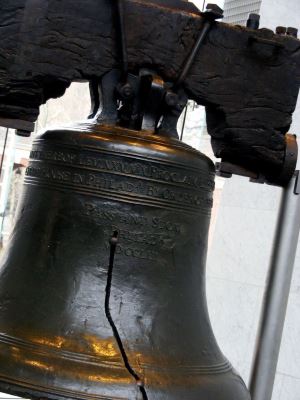
Give your high school student this dynamic American history course to learn about the formative years of our nation. Join Mr. Campbell on a journey from Pre-Columbian times to the French and Indian War.
How to get the most out of Early American History (1492 to 1763) with Phillip Campbell:
-
Carefully read the course details below. (There is no textbook to purchase. Reading assignments are found online.)
-
Prepare a notebook for taking notes during lectures and reading assignments.
-
Students begin the course by clicking on the "Recording" and watching Mr. Campbell's lecture.
-
Complete the Reading Assignment.
-
Take the Quiz, which is automatically graded by the computer. Take to your parent to record the grade. If multiple siblings are taking this course, note that the quiz gives the grade of the last attempt.
-
If you need review, go back and watch the recording again, go over the Power Point, check your notes, and/or reread the assigned reading.
-
Repeat until all 12 classes are complete.
-
Once the course is completed to the parent's satisfaction, there is a Certificate of Completion at the end to be filled in for your records. Make sure to keep a record of your grades.
All course materials provided free by the instructor.
Total Classes: 12
Prerequisite: None
Suggested Grade Level: 9th to 12th
Suggested High School Credit: One full semester American History. For a full year credit, sign up for “U.S. History: Revolution, Republic and Union (1763-1865)” with Phillip Campbell in the spring.
Instructor: Phillip Campbell
CONTACT: phicampiii@gmail.com
Course Description: This course will take students through the formative years of our continent, beginning with the Spanish and Portuguese explorations of the New World, leading up through the settlements of Jamestown, Plymouth, and the Jesuit missions in New France, and culminating in the great war for the continent waged between France and Britain from 1755 to 1763, setting the stage for the American War of Independence one decade later, highlighting specifically the contributions made by Catholics in the settlement of North America.
Course outline:
Class 1: Pre-Columbian Peoples: A survey of the North American continent prior to the arrival of Columbus.
Class 2: First Contact: The history of Columbus' voyage and some of the early expeditions to the Caribbean.
Class 3: Spanish Dominion: The story of Cortez's conquest of Mexico and subsequent Spanish incursions into North America.
Class 4: Jamestown Colony: England's first attempt at colonization in the New World.
Class 5: The Puritan Experiment: The tale of the colony at Plymouth and the foundation of Massachusetts.
Class 6: Indian Wars: The friendly contact with the New England natives turns bloody as colonists encroach on native lands.
Class 7: Catholic Maryland: The history of Lord Baltimore and the founding of the Catholic refuge of Maryland.
Class 8: Missionary Efforts in New France: The history of the French settlements in Canada and northern Michigan, featuring the tale of the North American Martyrs.
Class 9: Religious Discord in the Colonies: A survey of the religious demographics of the colonies, the settlement of the religious refuge of Pennsylvania, and the anti-Catholic laws of the time.
Class 10: At the Turn of the 17th Century: History of the colonies from 1680-1750, including the missions of Fr. Serra in the west.
Class 11: Slavery: Origin and Growth: A survey of the origins of slavery, its legal status in the colonies, and an account of its growth.
Class 12: The French and Indian War: How competing interests brought France and England to war over their colonial empires.
Course Materials: All materials provided FREE by the instructor
Homework: Class readings and computer-graded quizzes
- Teacher: Phillip Campbell